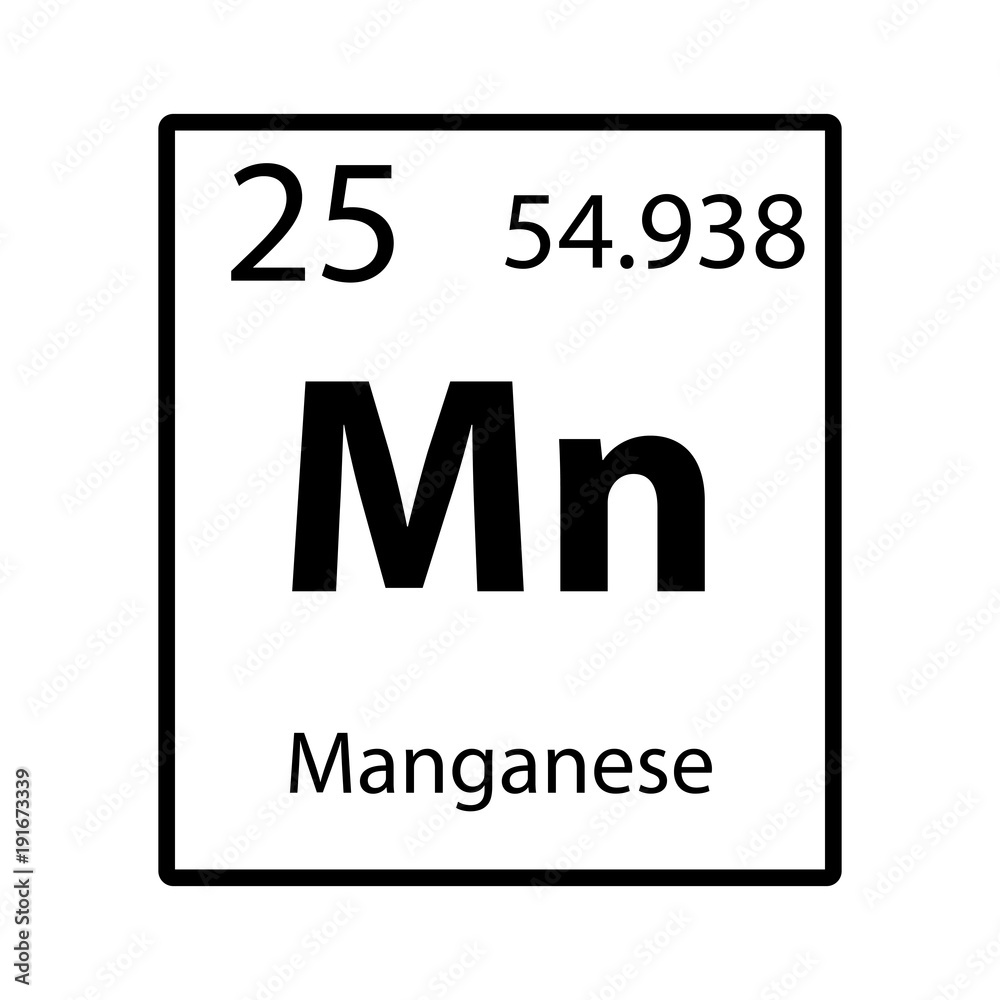Manganese
Longevity Benefits
- Supports DNA repair.

Quantity of ingredient in each package
Method of consumption, and precautions
Production process and inspection.
Manganese: An Often-Overlooked Mineral for Longevity
Manganese, a trace mineral, often gets overshadowed by more popular nutrients like vitamin C or vitamin D. However, it plays a crucial role in numerous bodily functions and may contribute significantly to a longer, healthier life.
Why Manganese Matters for Longevity:
Antioxidant Powerhouse: Manganese is an essential component of the antioxidant enzyme superoxide dismutase (SOD), which helps neutralize harmful free radicals. Free radicals contribute to cellular damage and aging.
Bone Health: Manganese is vital for bone formation and maintenance. Strong bones are essential for mobility and overall health throughout life.
Energy Production: Manganese plays a role in energy production within the mitochondria, the powerhouses of our cells. Optimal energy production is crucial for maintaining vitality and preventing age-related decline.
Brain Function: Manganese supports healthy brain function, including cognitive function, memory, and mood regulation.
Blood Sugar Control: This mineral may help regulate blood sugar levels, which is particularly important for preventing age-related health issues like type 2 diabetes.
Signs of Manganese Deficiency:
While rare, manganese deficiency can lead to:
- Bone abnormalities: Such as osteoporosis and brittle bones
- Delayed growth and development
- Skin problems
- Impaired fertility
Neurological issues: Such as impaired cognitive function and mood disorders
Dietary Sources of Manganese:
- Whole grains: Brown rice, quinoa, oats
- Legumes: Lentils, beans, peas
- Nuts and seeds: Almonds, cashews, walnuts, sunflower seeds
- Dark leafy greens: Spinach, kale
- Fruits: Pineapple, berries
- Manganese Supplementation:
While a balanced diet typically provides sufficient manganese, supplementation may be beneficial for certain individuals.
Consult with a healthcare professional: Before starting any new supplement, it's crucial to consult with a doctor or registered dietitian. They can assess your individual needs and recommend an appropriate dosage.
Disclaimer: This information is for general knowledge and informational purposes only and does not constitute medical advice.
Manganese, a trace mineral, often gets overshadowed by more popular nutrients like vitamin C or vitamin D. However, it plays a crucial role in numerous bodily functions and may contribute significantly to a longer, healthier life.
Why Manganese Matters for Longevity:
Antioxidant Powerhouse: Manganese is an essential component of the antioxidant enzyme superoxide dismutase (SOD), which helps neutralize harmful free radicals. Free radicals contribute to cellular damage and aging.
Bone Health: Manganese is vital for bone formation and maintenance. Strong bones are essential for mobility and overall health throughout life.
Energy Production: Manganese plays a role in energy production within the mitochondria, the powerhouses of our cells. Optimal energy production is crucial for maintaining vitality and preventing age-related decline.
Brain Function: Manganese supports healthy brain function, including cognitive function, memory, and mood regulation.
Blood Sugar Control: This mineral may help regulate blood sugar levels, which is particularly important for preventing age-related health issues like type 2 diabetes.
Signs of Manganese Deficiency:
While rare, manganese deficiency can lead to:
- Bone abnormalities: Such as osteoporosis and brittle bones
- Delayed growth and development
- Skin problems
- Impaired fertility
Neurological issues: Such as impaired cognitive function and mood disorders
Dietary Sources of Manganese:
- Whole grains: Brown rice, quinoa, oats
- Legumes: Lentils, beans, peas
- Nuts and seeds: Almonds, cashews, walnuts, sunflower seeds
- Dark leafy greens: Spinach, kale
- Fruits: Pineapple, berries
- Manganese Supplementation:
While a balanced diet typically provides sufficient manganese, supplementation may be beneficial for certain individuals.
Consult with a healthcare professional: Before starting any new supplement, it's crucial to consult with a doctor or registered dietitian. They can assess your individual needs and recommend an appropriate dosage.
Disclaimer: This information is for general knowledge and informational purposes only and does not constitute medical advice.
